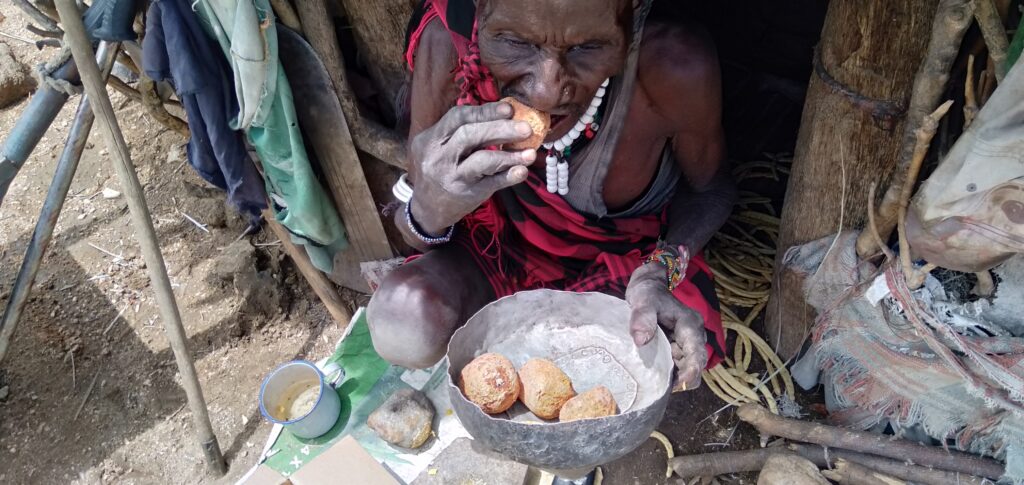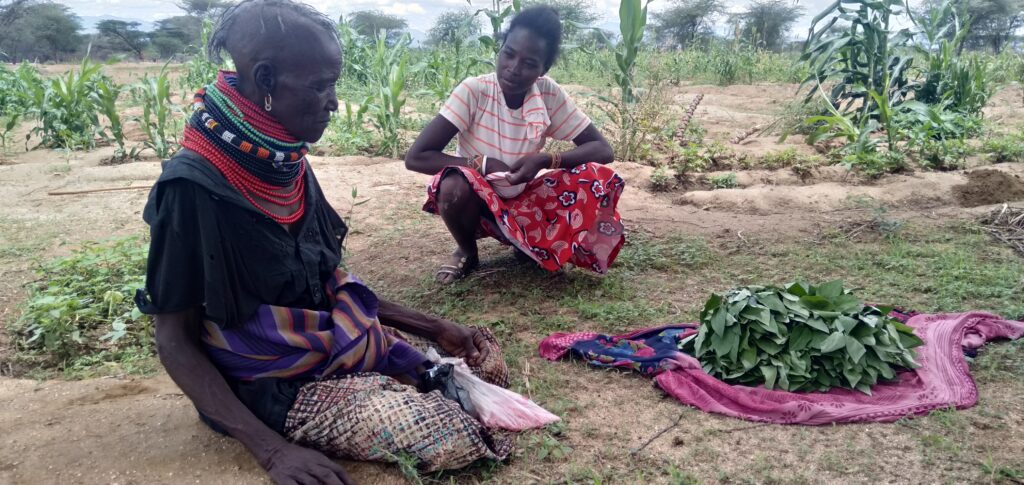Shortage of African expert voices on climate challenges affecting coverage in newsrooms

A shortage of subject knowledge and African resource expertise is hindering in-depth climate change story coverage and telling in African newsrooms.
These deficits, coupled with the majority of climate change discussions in African countries being driven by Western experts and organizations over the last two decades, have led to local news media outlets finding it convenient to rely on an international agency-produced copy that gives prominence to “foreign voices”.
Festus Eriye, an editor and columnist with Nigeria’s widest circulating newspaper The Nation, notes that despite this precedence, journalists need to know that there are experts doing work on environmental and climate change issues across the continent.
“It is for journalists to understand that local experts are just as knowledgeable about local conditions as their US or European colleagues,” he said.
Climate change is making African countries poorer every year with data showing that the combined phenomena are shaving off five to 15 per cent of African countries’ GDP annually. This calls for smart climate adaptation strategies that can reverse this trend, including African voices being actively involved in climate conversations.
By building a platform for African voices, African countries may have a better chance of finding homegrown solutions that can help alleviate some of the climate change effects challenging African countries.
While African countries did not contribute significantly to the current climate crisis, the anticipated future effects of climate change for Africa are dire.
The continent is highly susceptible to the effects of climate change. In recent years Africa has been battered by ongoing droughts, extensive flooding, and tropical cyclones, which compounded by political conflicts, economic downturns, and the COVID-19 pandemic, are seriously threatening food security, displacing people, and impairing socioeconomic development.
Despite this reality, African voices, especially those marginalized by gender, ethnicity or geography, are often overlooked.

In sub-Saharan African countries, belief in the climate crisis is at its lowest according to the latest UNDP report, the People’s Climate Vote. The 2021 survey shows that only 61 per cent of sub-Saharan African respondents considered climate change a global emergency. This is despite the fact that local climate change events are now more dominant in African media.
While this may suggest increased recognition of the current effects of climate change in African countries, a quantitative analysis undertaken by Africa No Filter (ANF) in 2021 found that African voices on climate change are still underrepresented. Thus, climate change reporting in Africa still needs more insightful, nuanced, and wider-spread commentary.
For journalists covering climate change stories, there is limited long-term historical climate data. Additionally, most current data can be of poor quality due to sparse and unevenly distributed weather stations.
In an interview with Africa Renewal, a United Nations publication, Cameroonian journalist, Killian Chimton Ngala notes that climate reporting in African countries often lacks context. He said that journalists reporting on flooding, for example, don’t necessarily link it to climate change since their focus is usually on the event and its impact rather than the event being part of a much bigger issue.
While attending COP27 in Egypt last year, Ngala said that climate change doesn’t often make headlines on newspaper front pages or in television and radio news. He added that without a local perspective, climate change reporting becomes a complex concept for many, particularly the grassroots population.
Climate change news also needs more prominence for information to move from flash reports to actionable calls to action.
Eriye noted that to improve climate change reporting in African news organizations, news media companies should allocate more space in their publications and greater time on their radio and television stations to talk about climate change.
He added that more funding will impact climate change reporting since it is critical in newsrooms. Currently, many newspapers are facing challenges in providing more resources for investigative reports. This is hampering how stories are packaged and told.
Beyond the newsroom and the mass media, climate science faces its own challenges in African countries, and across the board, more African voices need to be heard.
Managing Director & Partner at the Boston Consulting Group (BCG) in Lagos, Tolu Oyekan, says that it’s time for African leaders to have a greater voice in the climate change discussion. He added that today’s global discourse does not “adequately address the specific—and urgent—needs of countries in Africa.”
African scientists are also underrepresented in the climate change debate with an analysis of the most influential climate scientists in 2021 revealing a lack of diversity in climate research. Only five Africans, and 122 women, among the 1000 scientists were identified.
Experts in African organizations may be hard to contact. For African journalists pressed for time and with deadlines to beat, the ease of locating foreign experts means that foreign experts end up ranking higher than African experts in terms of visibility. Unfortunately, this has elevated voices that may not fully understand the local situation.
This skewed representation can result in the marginalization of local and indigenous knowledge, experiences and practices when seeking solutions for African countries struggling under the weight of ever-growing climate change effects.
Story and photos by Njenga Hakeenah
